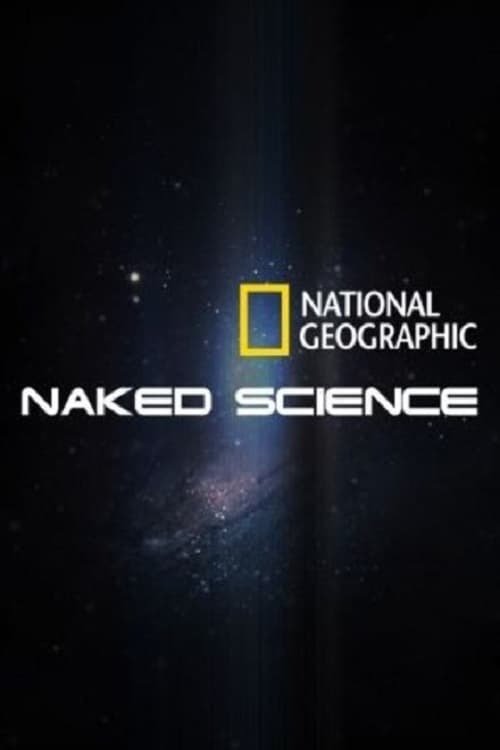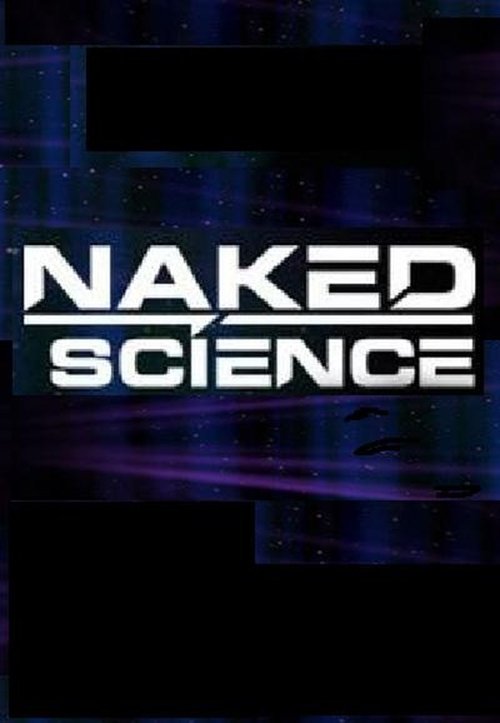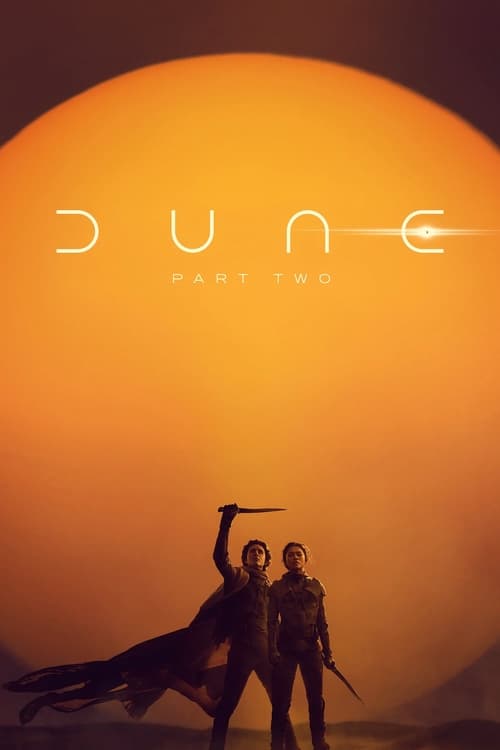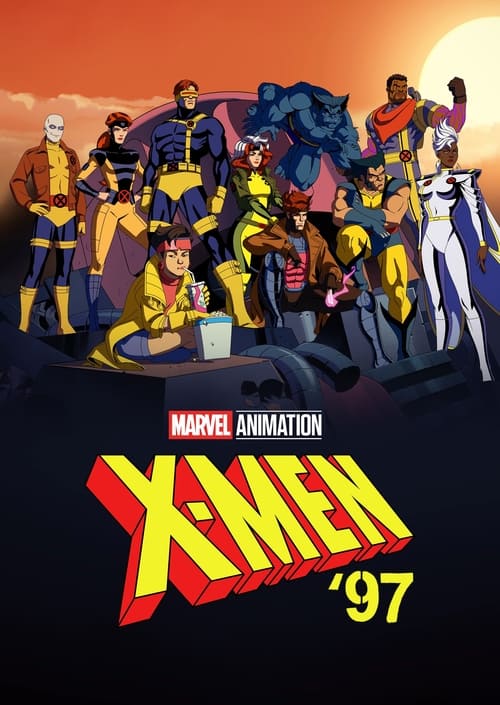
S07 Episode 1
Human Extinction
Sat, 15 Jan 2005

S07 Episode 2
Episode 2
Sat, 22 Jan 2005

S07 Episode 3
Dirty Bombs

S07 Episode 4
Dirty Bombs
Thu, 12 Nov 2009
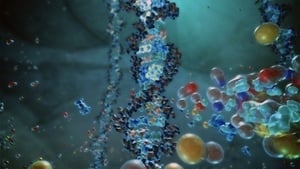
S07 Episode 5
Finding the Origin of Life
Thu, 11 Feb 2010

S07 Episode 6
Killer Lakes
Mon, 5 Mar 2007
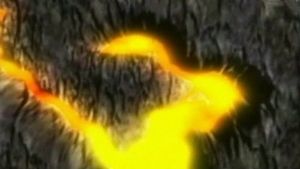
S07 Episode 7
Super Volcano
Wed, 22 Sep 2004

S07 Episode 9
Was Darwin Wrong?
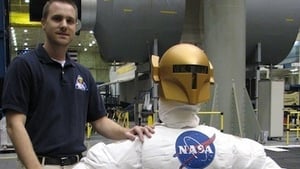
S07 Episode 12
Living On The Moon
Sun, 19 Jul 2009

S07 Episode 13
Secret World Of Fireworks
Thu, 2 Jul 2009

S07 Episode 14
Earth's Core

S07 Episode 15
Earth Without The Moon
Thu, 4 Feb 2010

S07 Episode 17
Twister Outbreak

S07 Episode 18
Snowball Earth
Sun, 22 Aug 2010
